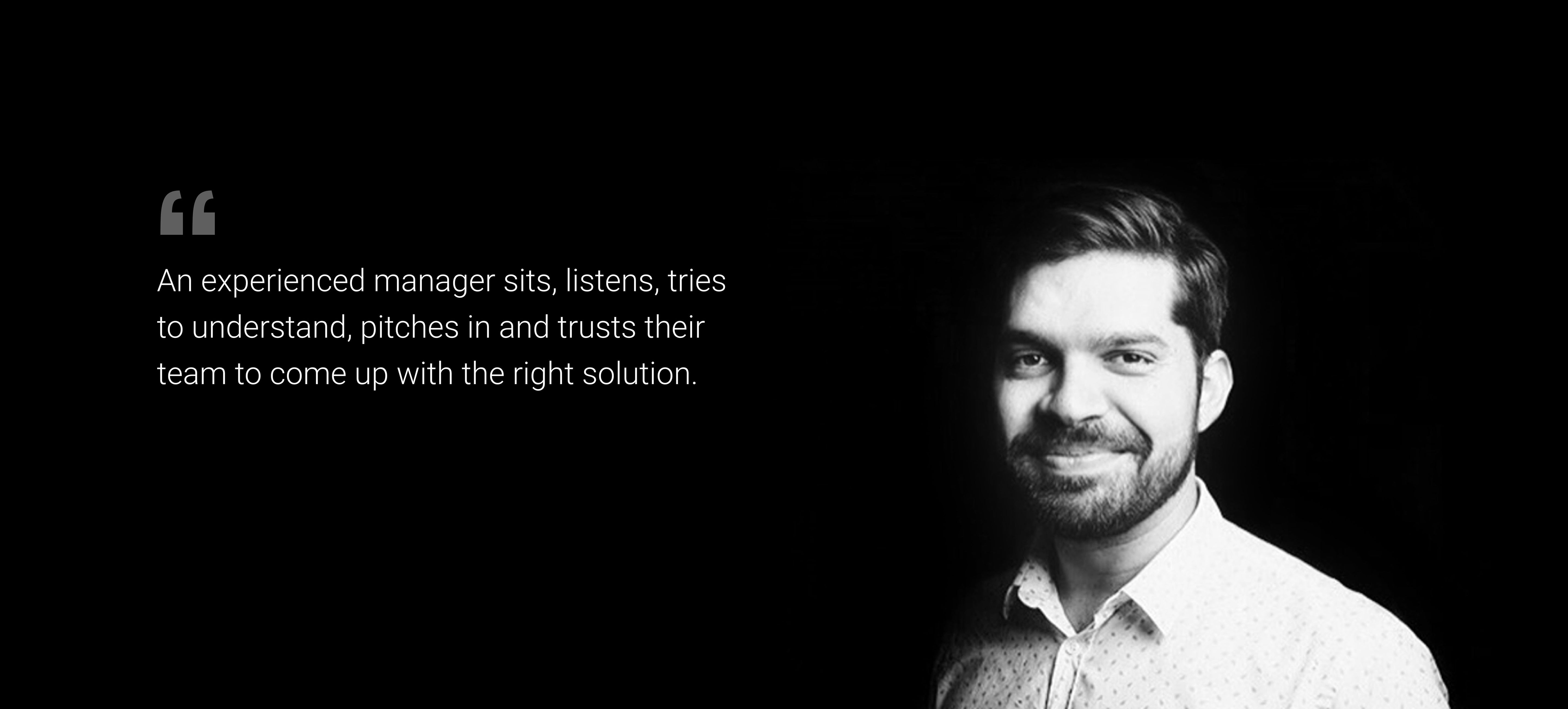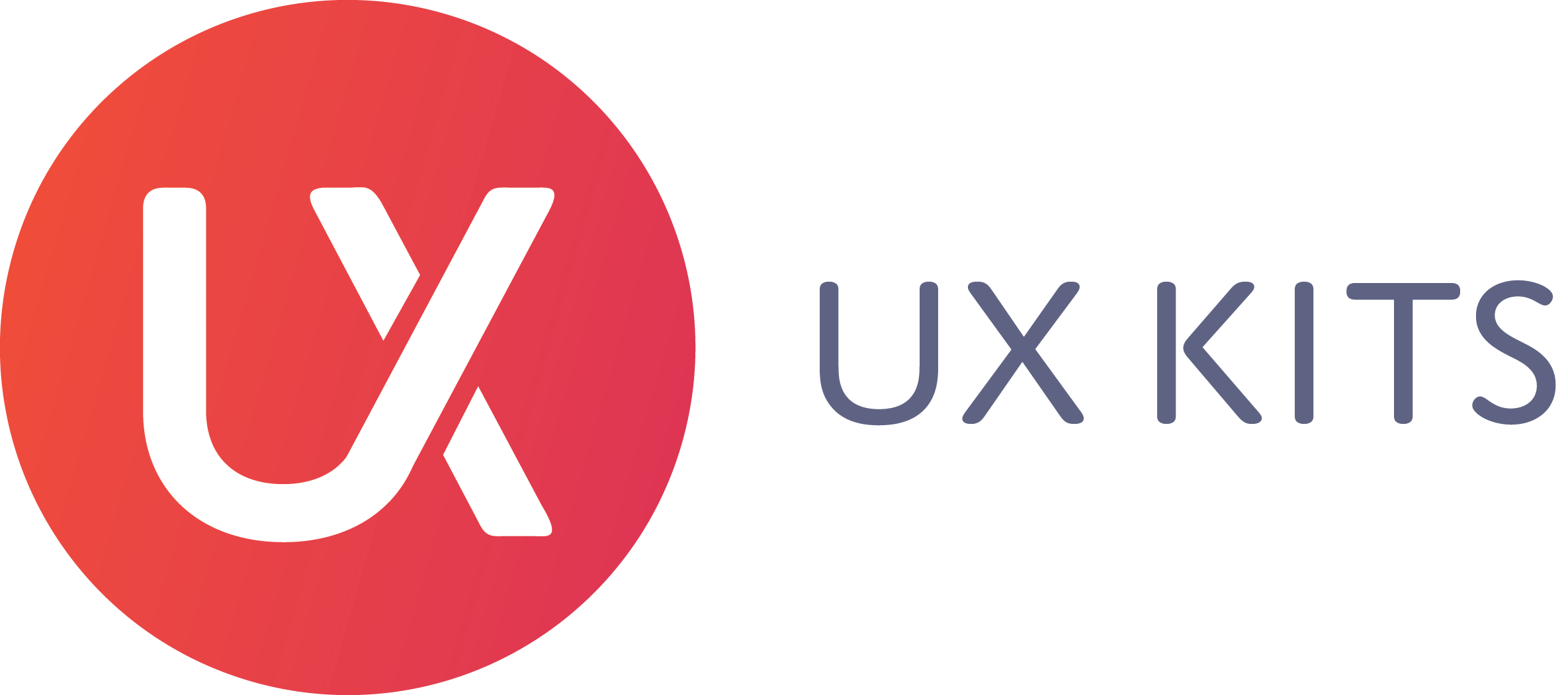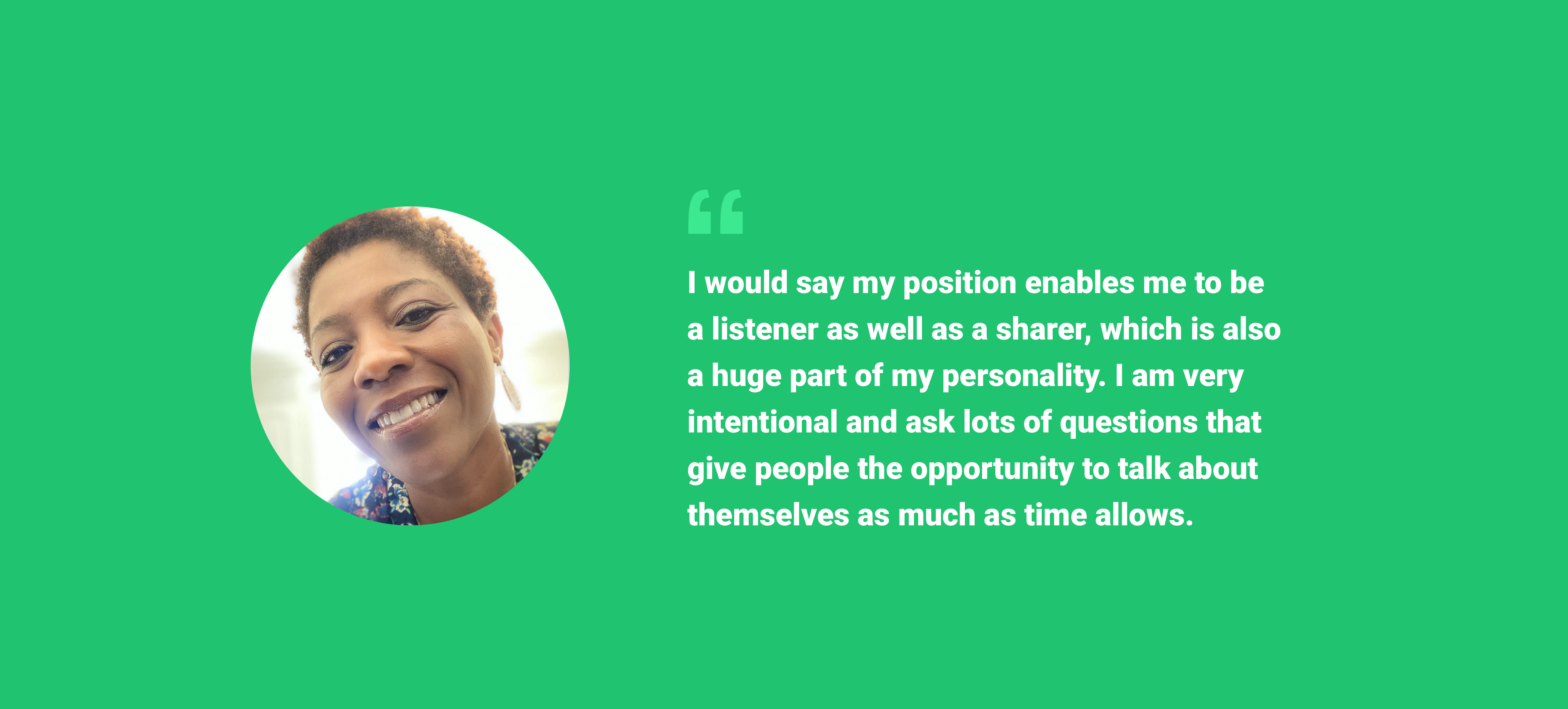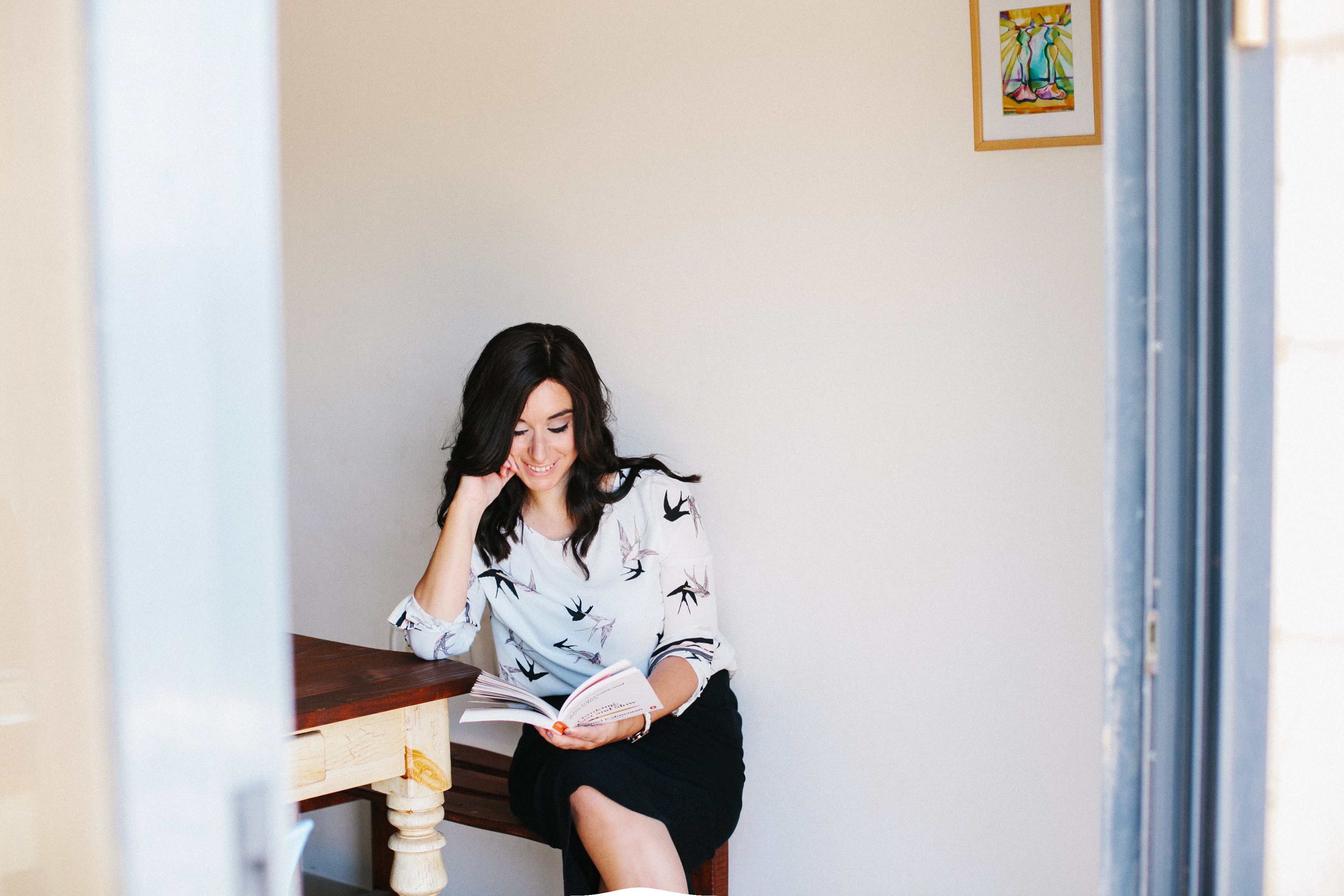
Designer Alberto Orsini on UX, Leadership, Mentorship and Work-Life Balance
Alberto Orsini is a design leader based in Miami, FL. Currently a Senior Manager of Product Design at Royal Caribbean, Community Advocate at Stark and a startup advisor. He has previously led UX teams at HBO Latin America and Claro. I’ve been fortunate to get to know Alberto via social media and our Slack channel, and spoke with him about his experiences in leadership, being a mentor, managing a busy schedule and the design industry.
Tell me a bit about yourself, your background and the work you do.
My background is in graphic design in a traditional sense. I graduated when the [digital] design world was going through a bit of a reinvention. HTML5 and CSS3 were new, the app store was a thing and companies were looking at apps as a core part of their business and Steve Jobs wrote that dreaded opinion about Flash. Many things happening at the same time got me interested in UI Design as a whole.
From there I went into leadership, then management and for the past 10 years I have been building and managing product design teams for companies such as Claro (Latin America), HBO and most recently Royal Caribbean. I have also dabbled quite a bit in the startup world, mostly advising companies, but in 2017 I also co-founded Refineai.com with a few friends and participated in the Techstars Berlin accelerator program.
What do you love most about UX and product design?
Funny enough, I was just having a conversation about this recently. I love finding out about the stories from people using your products. Design is easy to pass off as superficial–especially digital design. We are very dependent on the technology that we design for. Tomorrow there’s a new phone, or a new design trend, or more capable technology, rendering your designs obsolete.
UX design is not something that you can necessarily hang on a wall, or display in a MoMa collection many years from now (maybe?).
So it is easy to look at the greats of the past and feel a bit deflated. However, if you take a moment to talk to the people you design for, heartwarming stories emerge. In my career, I have worked with mostly entertainment and hospitality companies, so as a designer, no one would blame you if you thought nothing more of it. But I have talked to people who use my products and they’ve shared how they use the app to wind down and deal with their mental health, or in the case of cruising, people that have been saving for years to plan a vacation for their parents who have never left the country.
There’s a sense of pride that comes with that, stripped from ego, that really makes me enjoy my work. As a helpless optimist, I am always sharing these stories with my teams so they can also feel inspired and empowered to do their best for our people.
If you could change one thing about the design industry, what would it be?
I think we should be more committed to each other as designers. Don’t get me wrong, the old designer stereotype of being vapid or egomaniacs are, I believe, a thing of the past. I have personally experienced a sense of community and everywhere I go, I see people genuinely trying to be helpful, mentor, offering a hand to new designers, etc. But online, we often jump to conclusions that are turned up to the max.
Any company that goes through a re-branding knows that they’ll instantly face a stampede of ‘experts’ sharing their opinions with no context of what went behind the effort. We should know better! There is a brief, stakeholders, history to uphold, a desire for transformation, and many, many opinions that go into an undertaking like that. We should elevate the designers who created the work, listen to their stories and find helpful ways to provide feedback (when solicited). At the end of the day, we’re all entitled to our opinions, but I grow frustrated when I see too many ‘hot takes’ that don’t consider the group of humans who went through a massive undertaking.
What career accomplishments are you most proud of?
The teams that I have been lucky enough to build and be a part of. As a manager, I learn so much from the people I’m surrounded by… honestly I have been lucky in that sense. I have huge admiration for the people I work with and the design communities I am a part of.
You told me how busy you are, from a full-time job to advising startups and designers to ramping up your YouTube channel. How do you balance all of that along with family?
I set boundaries! My family is, non-negotiable, the most important thing in my life. My time with them is inaccessible to anyone. During my working hours, I do try to balance (sometimes) too many things. What helps is that I am inspired by what I get to do–so in all respects, it is a choice. I mentor via FluxHours.com and UX Coffee Hours because I want to help young designers, and I feel that is my calling. I have my YouTube channel, 90Degrees, because I want to share career tips with even more people.
I founded Orsi.co to build design systems for growing companies because I love the work so much, it is unfair I cannot categorize it as a hobby. I work with several startups because I love their mission and I enjoy spending time with their founders. So I am busy, but I gain so much from it and I do it because I want, and so far, I can :)
You told me how you enjoy mentoring others, how you utilize UX Coffee Hours and that you might make your mentoring services more formal at some point. Why is mentorship so important and where are you looking to take it?
Well I think it is important because it contributes to a healthy industry. One that is informed, focused and empowered from within. To a certain extent, I struggle with how to formalize it. I enjoy volunteering, but struggle to find a way to charge for mentorship. I am all for getting paid for my services, but I remember graduating and thinking “now what?“.
Not everyone is in a position where they can afford my rates right out of school (or skipping on school altogether). Many of them are trying to find their way, and now more than ever, during really harsh times. I remember how I felt when I graduated during the 2008 recession. I had been freelancing for years already, so I knew how to generate some cash, but many of my peers were at the mercy of an industry reluctant to hire new talent. Now it comes back full circle. I empathize and I want to help. In that sense, I rather raise my prices a bit for professional services so I can continue donating hours to young designers.
Someday I may charge, maybe I create a new course, or sell some ebooks or something. For now, I am happy with the free-to-learn model.
What are your favorite UX and design resources that you point those you mentor to?
UX is so situational that I believe you have to be in it. I often use a lame analogy that it is like driving. I can tell you how to drive, you can read the book, ace the written test, but until you jump behind the wheel and press the gas pedal (maybe sometimes the brake), you don’t really know how to drive. So go do the thing, practice, break things, become an over thinker, talk to people. On the other hand, I advocate a lot about UX value. Design value in general really. Driving the point that design is a function of business.
Good UX is not only a product of really good people, it is the work of people wanting to run really good businesses.
Attract more customers, retain their current users, raise those revenues. That is not an accident, it happens when businesses learn to listen to their customers and react - and what better way to have those conversations than through UX? So as far as resources, at the top of my list is The Futur and Chris Do. Not specific to UX, but all about creative professionals understanding their value as it relates to the business they improve through their work.
For many (I would argue all) business, good and thoughtful products mean money in the bank. That is what we’re here to do as UX professionals. The sooner we realize that, the sooner we can hone in and work on our career success.
How have you used UX Kits to help facilitate a project?
I have! I confess that I initially bought the deck of cards because it is a really cool designy thing to have on my desk. Certainly generates a lot of “ooh, what’s that?” moments. But I found it really useful when we were planning the HBO Go Latin American web experience. It was a way of involving the entire group as when you’re dealing with non-designers, not everyone is super game to jump in front of a white board. They feel seen as if everyone is expecting them to be, I don’t know, a white board Picasso.
UX Kits made it approachable for everyone to participate, agree on design decisions and understand the concepts in ways sketches sometimes can’t.
You’ve held manager positions at some large companies including HBO Latin America and now Royal Caribbean. What makes an effective design manager and design team?
Being humble and trusting your team. A new manager is often seen pointing at things and saying DO THIS! DO THAT! An experienced manager sits, listens, tries to understand, pitches in and trusts their team to come up with the right solution.
At a certain level, you’re not super attached to the tactical stuff. I personally focus a lot on long term strategies, growth, team culture, community pulse… so in many ways it has been less about pixels and more about empowering and trusting those who are better at the tactical bits.
What advice would you give to someone looking to land a full-time job in design?
To be patient, but also deliberate. This is your career and you get to design it, so think about what you want, what is interesting to you, and go for it. Be honest with yourself, ask a ton of questions and go for what feels right for you. You’ll be successful if you’re doing something that makes you happy and likewise will struggle if you’re forcing something that doesn’t interest you. It’ll show in the results. Do your research and spend time on your portfolio. Do not show everything! Only your best and what better aligns with your interest. Be honest “I don’t have too much experience, but I am looking for a team that will expose me to a, b and c”, etc.
What’s next for you?
I just joined Stark as a Community Advocate and I am super excited about the role as it encompasses everything that I love. I will spend my time meeting people, sharing stories, creating a platform for advocacy to create amazing products for EVERYONE. I am pumped to see how many designers are interested in accessibility and inclusivity. I am lucky to be able to embody such a great mission, and play a role in spreading the word and elevating important voices that make our products better for all humans.
You can follow Alberto and his work on Instagram and Twitter.



Leave a comment
This site is protected by hCaptcha and the hCaptcha Privacy Policy and Terms of Service apply.